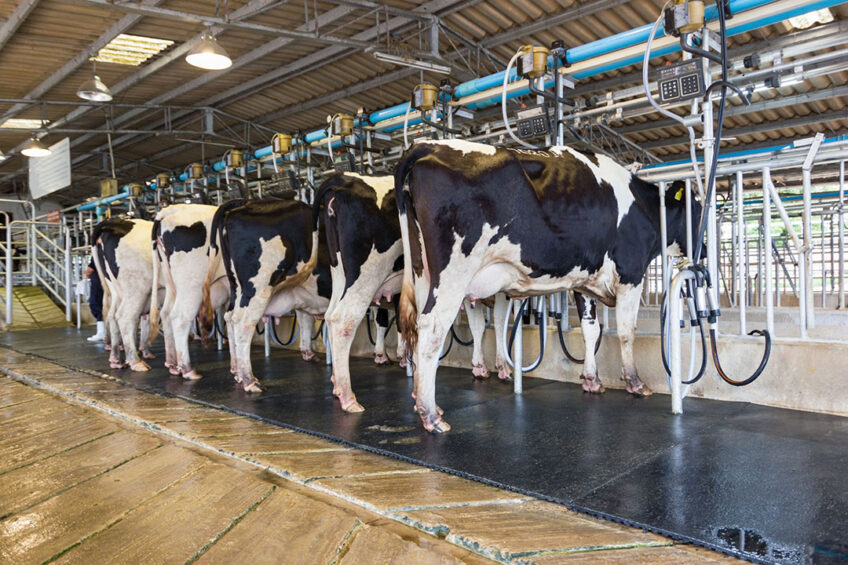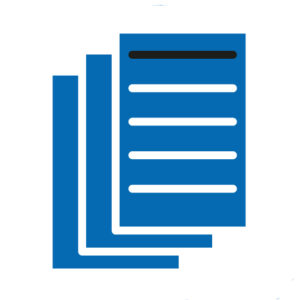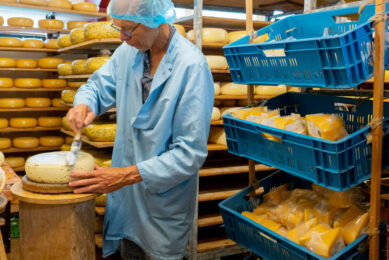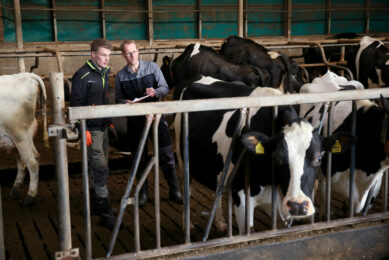Coping with technology gaps in Russia’s dairy industry

The majority of Russian dairy companies report that the gaps associated with a lack of Western technologies in the country have not been completely filled, according to an opinion poll conducted by local news outlet Dairy News.
Only 4% of the respondents claimed that the industry successfully switched to alternative technologies. Around 17% of those surveyed replied that most problems had been resolved, and only minor issues persisted.
On the other hand, 38% of companies admitted that the Russian dairy industry only managed to a certain extent to mitigate the impact of the exodus of Western technology suppliers, with many challenges impacting businesses. Nearly 15% of the respondents asserted that the Russian dairy industry is experiencing a strong shortage of technologies and equipment, and the industry failed to cope with the fallout of the departure of Western suppliers.
Paying exorbitant prices
Some Russian companies commented that the situation with technological imports in the dairy industry is a crisis. “We have no choice and no alternative to foreign equipment, not in terms of productivity or in achieving our goals. Accordingly, there is only one option – to buy at exorbitant prices, where we can and with difficulties. And the entire industry continues to do so,” commented Konstantin Sukharev, general director of the Pyatigorsk dairy plant, adding that this will be the case until better solutions become available.
Some market players, however, remain more optimistic, pointing to the fact that gaps are being filled through supplies from other countries. “I would say that we have by approximately 90% coped with the difficulties that have arisen since February 2022, although some issues remain,” said Artem Berezutsky, commercial director of TDNT Engineering, involved in building dairy plants in Russia.
“The difficulties have affected those to a lesser extent who use milking equipment from Israel. It’s much worse for those who relied on major machine companies which have left Russia,” commented Alexey Pavlov, general director of the Pervomaisky milk farm.
Secondary sanctions risks
However, things could get worse for the Russian dairy business. Anatoly Losev, general director of Molvest, a prominent Russian dairy company, warned that the future largely depends on whether the US and the EU would introduce secondary sanctions against sales channels through which Russia sources spare parts and packaging materials.
“If they do, our problems will come up again. If not, competition will gradually lower prices and the situation will return to normal,” Losev said.
Join 13,000+ subscribers
Subscribe to our newsletter to stay updated about all the need-to-know content in the dairy sector, two times a week.










